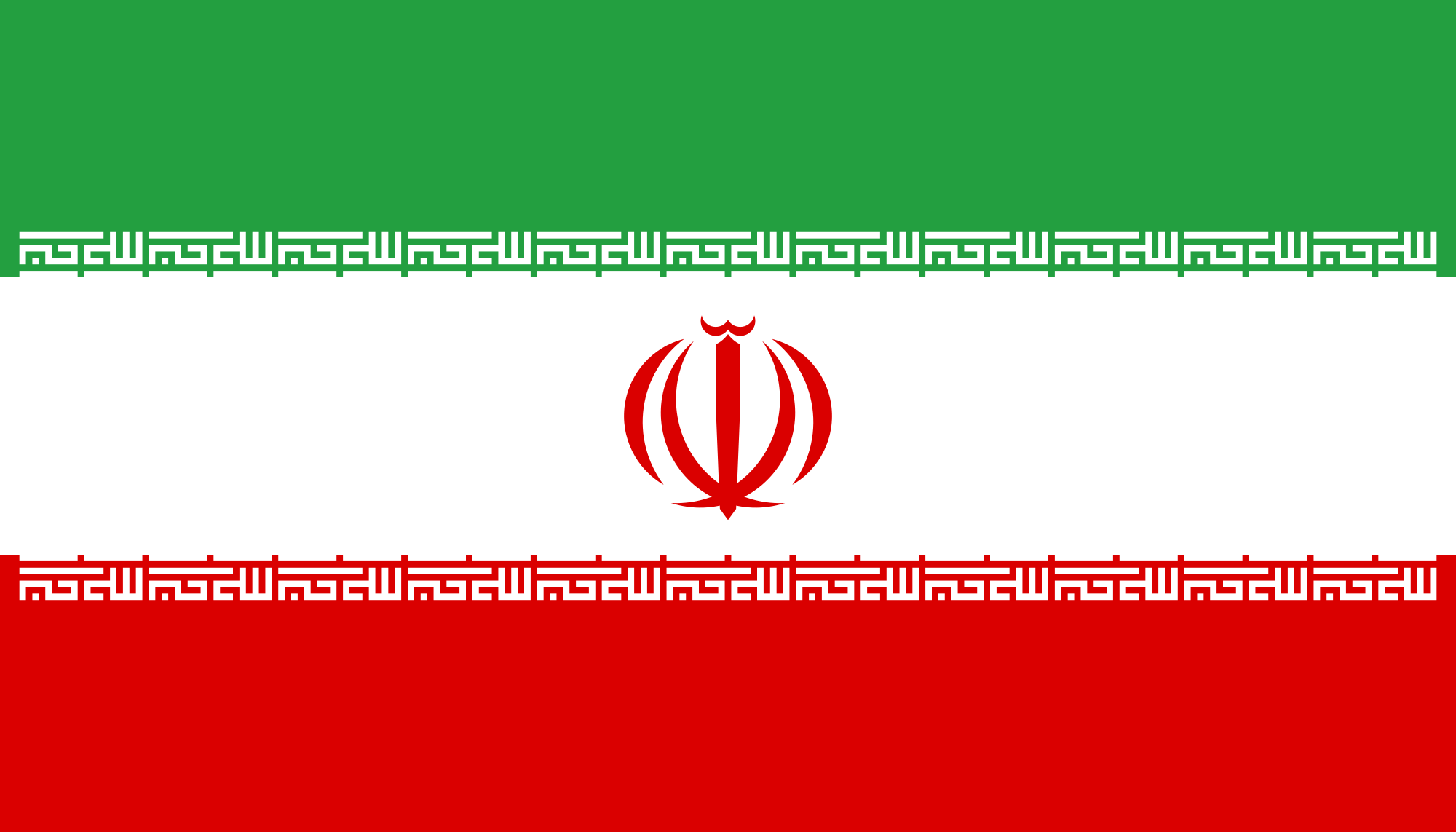Iran’s economy is imploding. And American hawks are celebrating it as an opportunity for Washington to turn the screws on the Iranian regime. To the hawks’ credit, they’re not wrong: sanctions have broken the Iranian economy. By one analysis, Iran’s inflation rate jumped 30% just this month. But is crushing the Iranian economy with sanctions a policy goal we should strive for?
Is American policy best promoted by limiting cancer drugs and delaying the delivery of coronavirus testing kits? American hawks seem unfazed by these effects, callously likening the sanctions to “tightening the noose.” But observers have noted sanctions’ effects in preventing the import of pharmaceutical drugs. It’s un-American—and inhuman—to “tighten the noose” by blockading an entire nation with a siege that prohibits the passage of medical supplies.
What is the metric of success of sanctions in the first place? To inflict damage on the Iranian economy, or to prompt a better deal than in 2015? This is the critical question. If the metric of success is to produce wanton poverty and despair during a pandemic, then Mike Pompeo’s “maximum pressure” campaign has been a resounding success. If, however, the goal is to prevent Iran from enriching uranium for a nuclear weapon, then maximum pressure has been a resounding failure.
Economic sanctions typically don’t work in the first place. Iran in particular seems particularly resistant to these measures. Iran’s first Supreme Leader, Ayatollah Ruhollah Khomeini, when confronted with rapidly increasing food prices, famously said the revolution was not done for the sake of watermelon. Likewise the current Supreme Leader, Ayatollah Ali Khamenei, has ruled out any negotiation with the United States. Two years of maximum pressure and the economic squeeze of a pandemic has not brought Iran to the negotiating table.
With the prospect of negotiation out, the sole motivators for continuing sanctions are malice or regime collapse. But the internal collapse of a country leads to humanitarian catastrophes and massive refugee outflows, as seen in Syria and Venezuela. Does the president who opposed the “forever wars” and is working to limit the inflow of refugees want to increase the instability of the Middle East?
We can examine the record to see how maximum pressure has fared so far. In May 2018, the International Atomic Energy Agency, the agency tasked with monitoring Iranian nuclear enrichment, found that Iran was not pursuing any uranium enrichment beyond the levels agreed to in 2015. Fast forward to June 2020, after the U.S. left the Iran deal, and the IAEA has confirmed that Iran has begun enriching uranium past those levels. Mike Pompeo and his Washington allies are responsible for that. Despite Trump’s pledge to negotiate a better deal, so far none has materialized. And Iranians with no connection to the Iranian government have suffered for it.
Moreover, Iranians, much like Americans, tend to rally around the flag. A 2018 poll by the University of Maryland found that only 1.4% of Iranians supported further nuclear concessions if President Trump pulled out of the Iran deal. Hawks don’t seem to acknowledge that Iranians are not imminently threatening to revolt and overthrow the current regime. In fact, as a result of current U.S. actions, the hardliners in Iran are winning. Maximum pressure has only emboldened the very elements we fear. Abandoning this failed strategy isn’t only the moral decision during a pandemic; it’s the prudent thing to do if we want to prevent Iranian aggressiveness.
Make no mistake, this is not an apology for the Iranian government; it’s an appeal to the decency of the American people, who are better than this. Even former Obama administration officials from Joe Biden to Chuck Hagel have advocated for these same pandemic relief measures. The reality is that the U.S. does not stand to gain anything from this strategy, and the world stands to lose much. Maximum pressure is the highway to minimal success. The sanctions were foolish before, and they’re cruel now.
Geoff LaMear is a recent graduate of the University of Chicago and a proponent of a restrained and principled American foreign policy. Email for correspondence: Geoff1769@gmail.com.
































